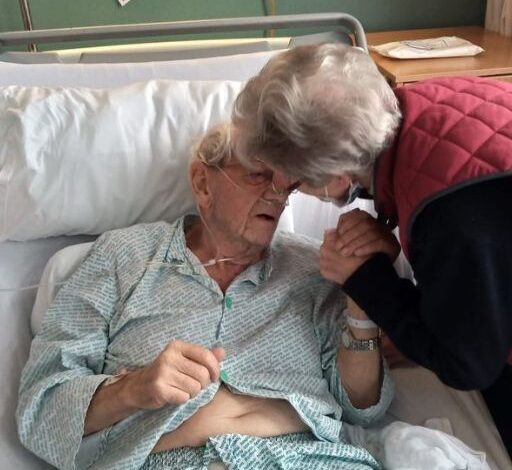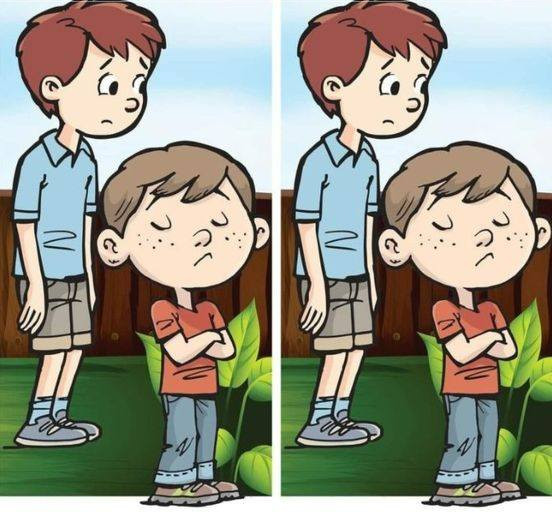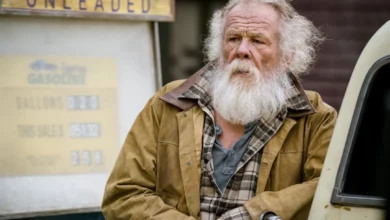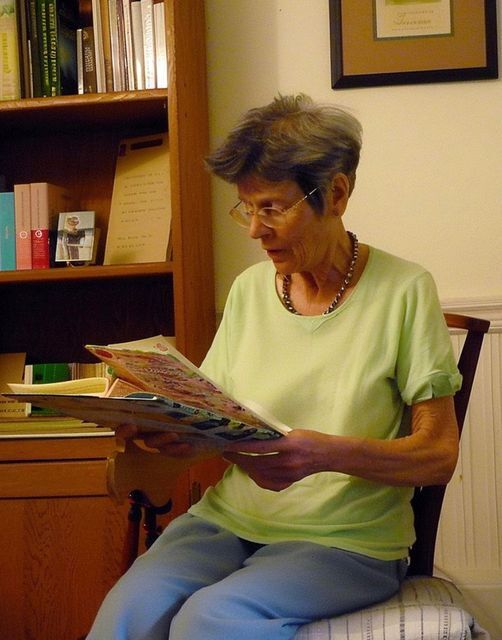I CARED FOR MY HUSBAND THROUGH CANCER—WHEN HE DIED, HIS KIDS THREW ME ON THE STREET

I met Elias when I was 39, and he was 52—charming and thoughtful, the kind of man who made you feel safe just by being near him. We married a year later, and I loved him in ways I didn’t know were possible.
Then he got sick.
Stage 4 pancreatic cancer—the aggressive kind that doesn’t wait.
For two years, I cared for him, feeding him, bathing him, and comforting him through his pain. His children, Maya and Jordan, visited occasionally but never stayed long. They couldn’t handle seeing their father like that, but I stayed, every day, until his last breath.
The day after the funeral, they showed up at my house.
“We’re selling the property,” Jordan said, sitting in Elias’s chair like he was in charge.
Maya, scrolling on her phone, added, “Dad left it to us. You need to move out by the end of the week.”
I thought it was a joke. “Elias would never do that.”
But Jordan threw a folder on the table. A will. Signed. Notarized. The house, the bank accounts—everything—was theirs.
“You can keep your clothes, obviously,” Maya said, as if doing me a favor.
I was stunned. “I was his wife. I—”
“Yeah,” Jordan interrupted. “But you weren’t our mother.”
And just like that, I was nothing to them.
A week later, I stood on the sidewalk with two suitcases, watching strangers tour my home, commenting on the “charming hardwood floors” I had polished myself.
Then my phone buzzed.
A message from an unknown number.
“Check the storage unit on Fremont. Locker 112. Dad wanted you to have it.”
I had no idea who sent it, but Elias never mentioned a storage unit.
The next day, I rented a car and drove to the facility. The manager handed me a key, and I found Locker 112. Inside, I discovered photo albums, letters from Elias, and jewelry—things he had kept for me.
In one letter, he apologized for the conflict his children were causing and explained that he had planned for my future. I wasn’t abandoned after all. He had prepared me for their treatment.
I also found legal documents—deeds to vacation homes and bank accounts in my name, enough to change my life.
Elias hadn’t forgotten me. He had ensured I’d be taken care of. For the first time since his death, I felt hope.
I moved into one of the vacation homes in Colorado, where I began to heal. I hiked, read, and reflected on the love Elias had shown me.
Months later, I found another letter from Elias. He explained that he had kept everything hidden to protect me from his children’s anger. He wanted me to have peace, security, and happiness.
Reading his words, I realized Elias had given me more than financial security—he had given me the freedom to start over.
I slowly rebuilt my life, volunteering at an animal shelter, painting again, and making new friends. One evening, my neighbor Ruth remarked, “Sounds like Elias gave you more than material things. He gave you a second chance.”
“Yes,” I agreed. “And I intend to make the most of it.”
Elias’s legacy wasn’t just the property or money—it was the lessons he left me: resilience, gratitude, and the importance of finding purpose after hardship.
Life is unpredictable, but within each challenge lies an opportunity to grow. Don’t let bitterness consume you. Focus on what truly matters: love, kindness, and the people who care for you.





